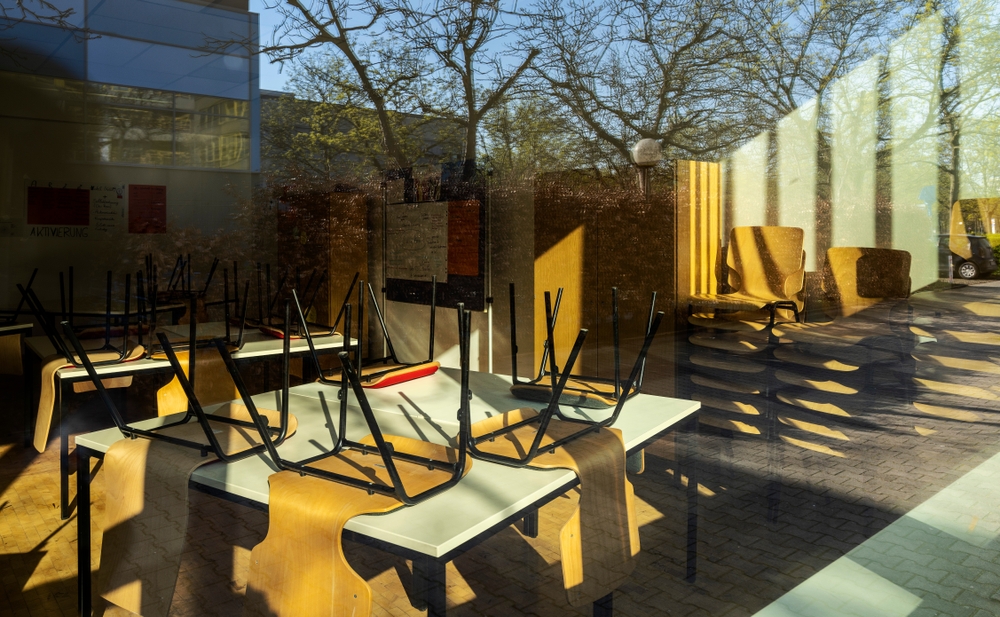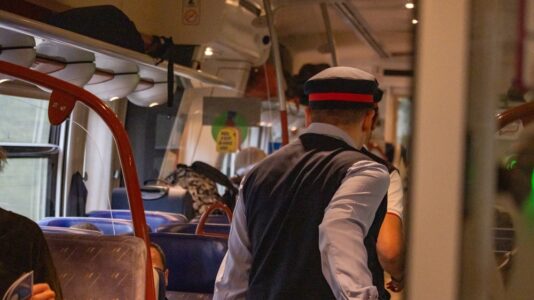Teachers at the Friedrich Bergius School in Berlin’s Schöneberg district have issued a stark warning about escalating issues they say are exacerbated by the city’s approach to mass immigration and integration.
In a seven-page letter to the district council, the staff described an environment of increasing aggression, violence, and educational struggles that has left them overwhelmed and desperate for support.
The letter highlights a central issue: Many students entering the school lack not only proficiency in German but also basic academic skills, with some having never attended school before. Around 80 percent of the students speak a language other than German at home, and over 70 percent of the seventh graders admitted in 2023 were unable to even read a clock.
These challenges, compounded by behavioral problems and a lack of resources, have created what teachers describe as “untenable” conditions.
The strained educational system is underscored by a dramatic rise in verbal abuse and physical threats toward teachers which educators say has now become routine, while serious incidents of bullying have further eroded the school environment.
Students have reportedly set off firecrackers in the schoolyard, thrown objects at peers and staff, and harassed others with phones in restrooms — “taking photos and videos in compromising situations.”
Their concerns are backed up by the stats. Over 1,500 incidents were recorded in the first 38 days of the school year alone, with over 500 students having to be removed from class for behavioral reasons.
Teachers report that their concerns have been ignored by local authorities. “The school is increasingly reaching its limits,” the letter states as teachers demand urgent intervention to address the crisis.
Unsurprisingly, the problems reverberate around the community, with local residents lodging complaints about anti-social behavior by students and supermarket owners banning youngsters from entering their establishments due to disruptive incidents.
Police are called far too frequently to the school to respond to escalating situations, the letter states, with clashes often stemming from the cultural divides that now exist.
Teachers say the current system does not provide the resources necessary to meet the demands of the increasing socio-economic backgrounds of many students, leaving schools to struggle alone with the consequences of Berlin’s immigration policies.
The teaching staff outlined six measures necessary to address the crisis, including a shift to classroom-based teaching methods and the hiring of a school psychologist to assist the four current social workers.
In addition, staff called for greater supervision of students during break times and for more robust security measures, including a gatekeeper.
Further resources are needed, they say, to manage disruptive behavior including direct intervention from education authorities.
Lastly, the staff are demanding a comprehensive plan to address the root causes of the crisis, instead of firefighting and acting reactively to the escalating situation.






